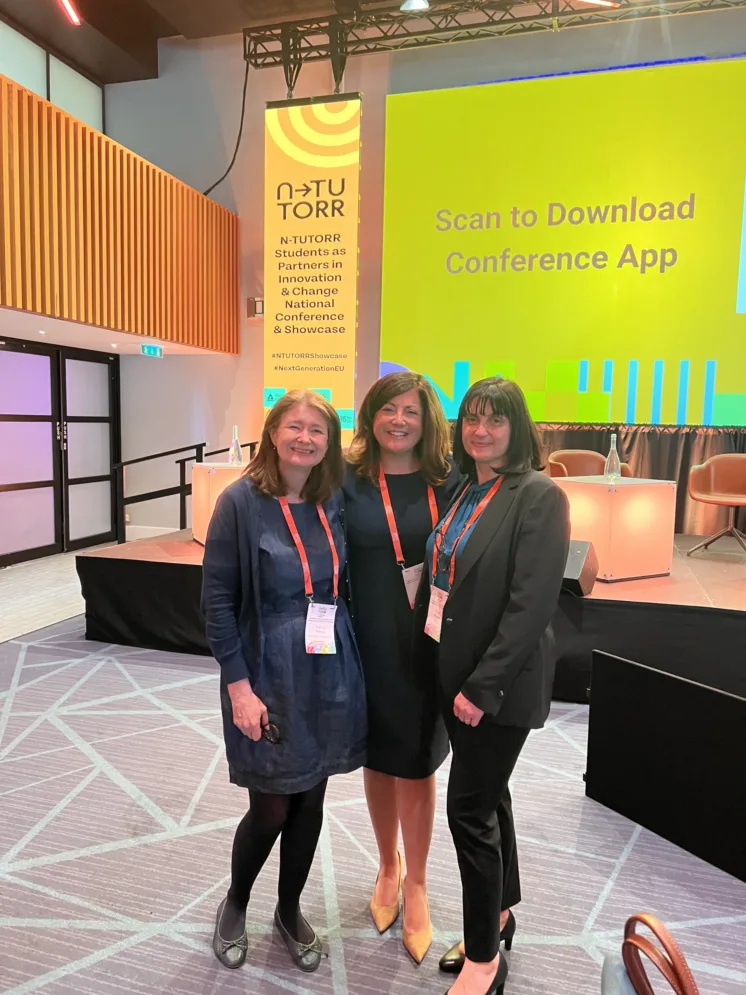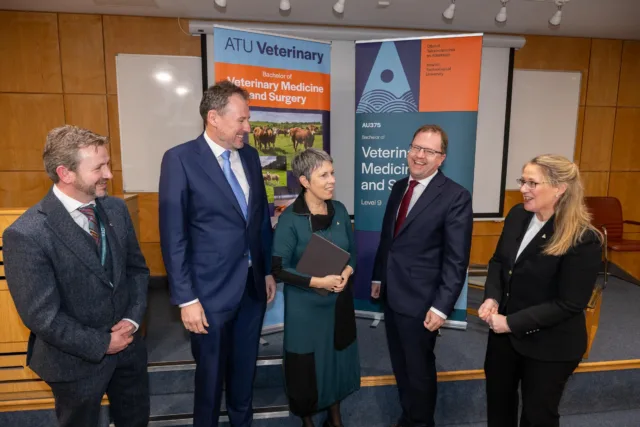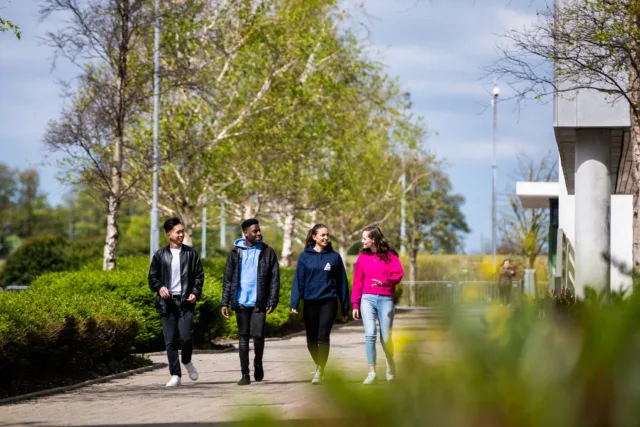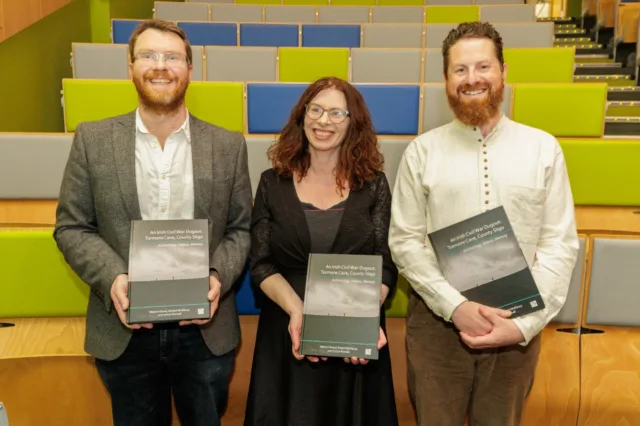ATU co-leads national study highlighting challenges faced by commuter students in higher education
A new study jointly led by Atlantic Technological University (ATU) and the University of York, in partnership with Dundalk Institute of Technology (DkIT) and the Technological Universities Association (TUA) has revealed the significant challenges faced by commuter students in higher education across Ireland, and calls for a whole institution approach to improving their college experience and outcomes.

In Ireland, 40% of students live at home and commute to their higher education Iinstitution. The study, titled ‘Commuter students: A student-centred, whole provider approach to improve student experiences and outcomes in technological higher education in Ireland’, explores the academic, financial and wellbeing impact of long commutes on these students.
The study was led by Prof. Liz Thomas of the University of York and conducted in partnership with the N-TUTORR Student Empowerment leadership team (Dr Carina Ginty at ATU and Dr Moira Maguire at DKIT) and the Technological Universities Association (TUA). It calls for leadership, nationally and institutionally, to embed awareness of commuter student needs across higher education.
The key findings
Focus groups, carried out as part of the study, revealed that some students commute to campus frequently (typically four or five times per week). While some drove, the majority rely on public transport, and experience long commutes of between one and two hours, or more.
Students reported that these journeys create numerous challenges, including the length of time spent travelling, experience of poor connections and delays, and parking difficulties.
These factors, combined with academic and public transport timetables, led to students leaving home early and arriving back late, resulting in fatigue, less time for study or extracurricular activities, and a negative impact on their wellbeing.
Commuting was also found to be expensive, due to both the direct costs of transport and indirect costs such as buying food on campus.
“The experiences described by commuter students in this study point to a lack of awareness of the issues affecting commuter students, and the need for both organisational and cultural shifts in the higher education sector to address these issues”, said Prof Liz Thomas.
Impact on student life
Students who participated in the focus groups also discussed a lack of opportunities for informal socialising with friends and participation in organised activities such as sports clubs and student societies. Many activities take place during the evenings, and long commutes, reduced transport options, and the need to get up early the next morning impede participation. Students said they had either no social life or that it was severely impacted.
ATU’s Dr Carina Ginty noted:
“This study found that commuting is challenging, and many aspects of the student experience are not inclusive for those students who commute”.
Recommendations
The students made a range of recommendations relating to condensed timetabling, increased use of online learning resources, hybrid attendance, the timing of assessments and assessment deadlines, online provision of academic support, and the need for staff development to create a more ‘commuter compassionate’ academic experience.
Dr Moira Maguire of DKIT added:
“While the student accommodation shortage in Ireland is challenging, it is possible for us to work together to substantially improve the commuter student experience”.
Dr Ross Woods from the Higher Education Authority (HEA) said:
“We know that a student’s sense of belonging is a significant contributor to their success in college. This report will raise institutional awareness of the issues facing students who commute and can guide HEIs in developing strategies to support them.”
The report and the quick guides collection is available to view and download on the ATU website.
L-R: Prof Liz Thomas (University of York), Dr Carina Ginty (ATU) and Dr Moira Maguire (DKIT).
For further information on the commuter student experience project in HE in Ireland, contact Dr Carina Ginty carina.ginty@atu.ie, Prof Liz Thomas liz.thomas@york.ac.uk and Dr Moira Maguire moira.maguire@dkit.ie.




